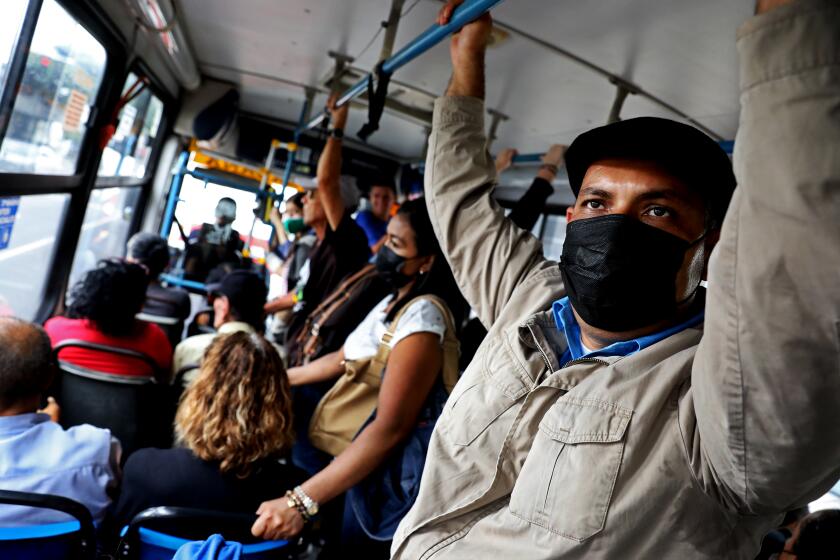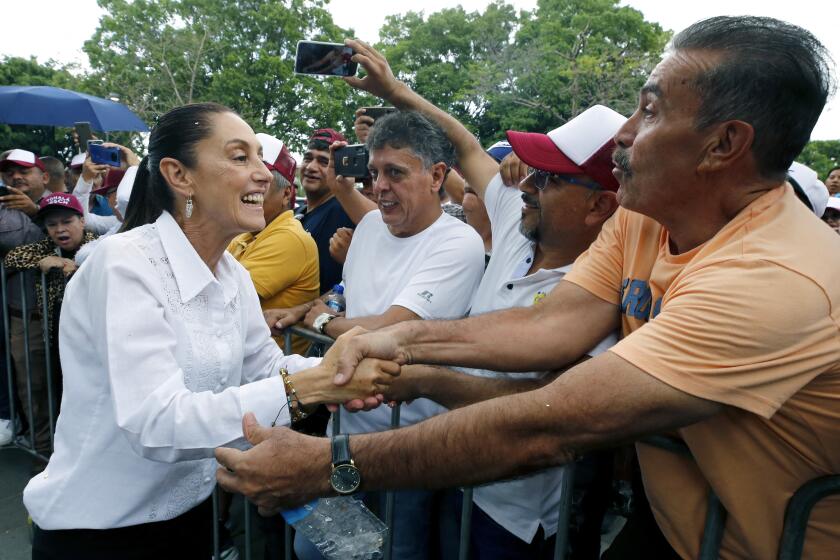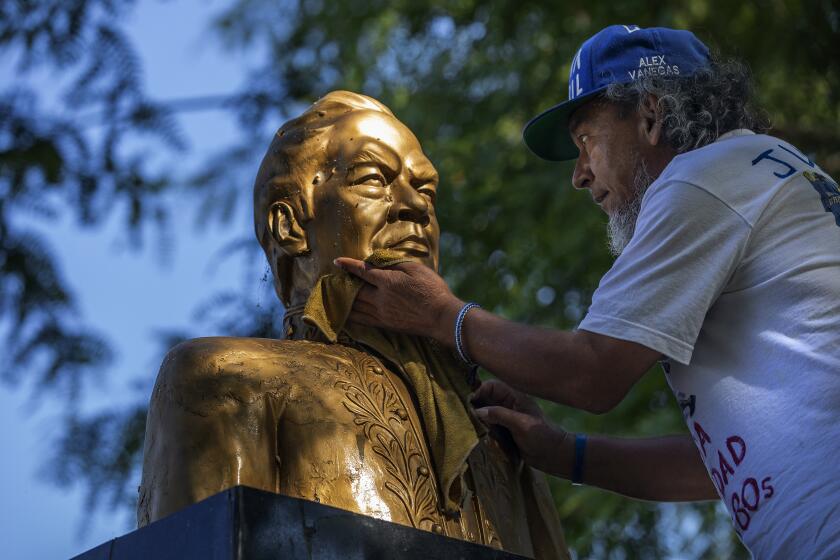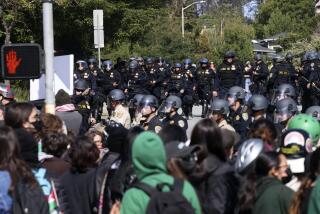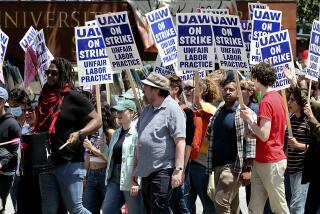Nicaragua’s government seizes prized University of Central America from Jesuits
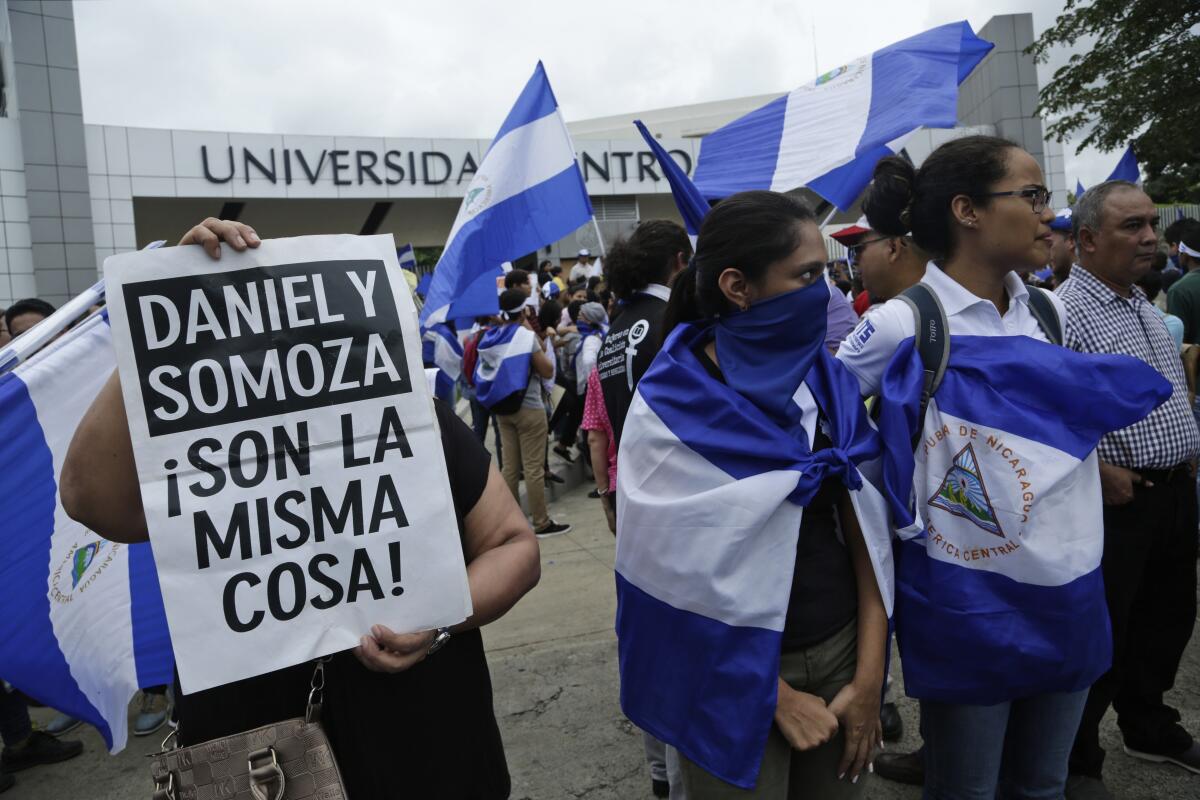
MEXICO CITY — The Jesuits announced Wednesday that Nicaragua’s government has confiscated the University of Central America in Nicaragua, one of the region’s most highly regarded colleges.
It was the latest in a series of expulsions, closures and confiscations by the regime of President Daniel Ortega targeting the Roman Catholic Church and opposition figures.
The order, known as the Society of Jesus, said the government seized all of the university’s property, buildings and bank accounts.
It quoted the government as claiming the university “operated as a center of terrorism.” The Jesuits say the accusation is unfounded.
“This is a government policy that systematically violates human rights and appears to be aimed at consolidating a totalitarian state,” the Society of Jesus of Central America said in a statement.
It was a serious blow to the country’s academic sector.
With virtually no independent journalists left inside and foreign reporters banned from entering, Nicaragua has become ‘an information black hole.’
“With this confiscation, the Ortega government has buried the freedom of thought in Nicaragua,” said María Asunción Moreno, who was a professor at the university until she was forced into exile in 2021.
In April, the Vatican closed its embassy in Nicaragua after the country’s government proposed suspending diplomatic relations.
Two congregations of nuns, including from the Missionaries of Charity order founded by Mother Teresa, were expelled from Nicaragua last year.
Mexico election: The two women frontrunners in the race for president both invoke gender and a cracking glass ceiling. So why are some feminists skeptical?
The expulsions, closures and confiscations have not just targeted the church. Nicaragua has outlawed or closed more than 3,000 civic groups and non-governmental organizations.
In May, the government ordered the Nicaraguan Red Cross shut down, accusing it of “attacks on peace and stability” during antigovernment demonstrations in 2018. The local Red Cross says it just helped treat injured protesters.
In Nicaragua, he was the ‘marathon man,’ famous for jogging through city streets to protest the government. Now he’s trying to re-create a bit of his homeland in L.A.
In June, the government confiscated properties belonging to 222 opposition figures who were forced into exile in February after being imprisoned by Ortega’s regime.
Those taken from prison and forced aboard a flight to the United States on Feb. 9 included seven presidential hopefuls barred from running in the 2021 election, lawyers, rights activists, journalists and former members of the Sandinista guerrilla movement.
Thousands have fled into exile since Nicaraguan security forces violently put down mass antigovernment protests in 2018. Ortega says the protests were an attempted coup with foreign backing, aiming for his overthrow.
More to Read
Sign up for Essential California
The most important California stories and recommendations in your inbox every morning.
You may occasionally receive promotional content from the Los Angeles Times.
